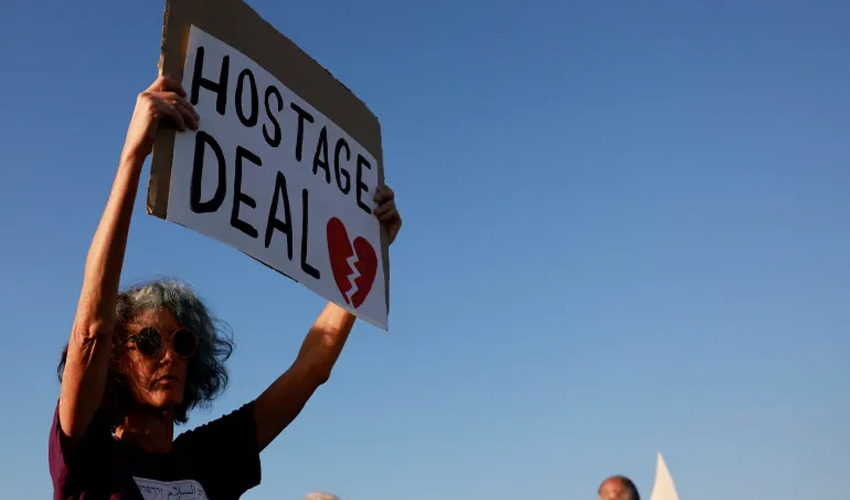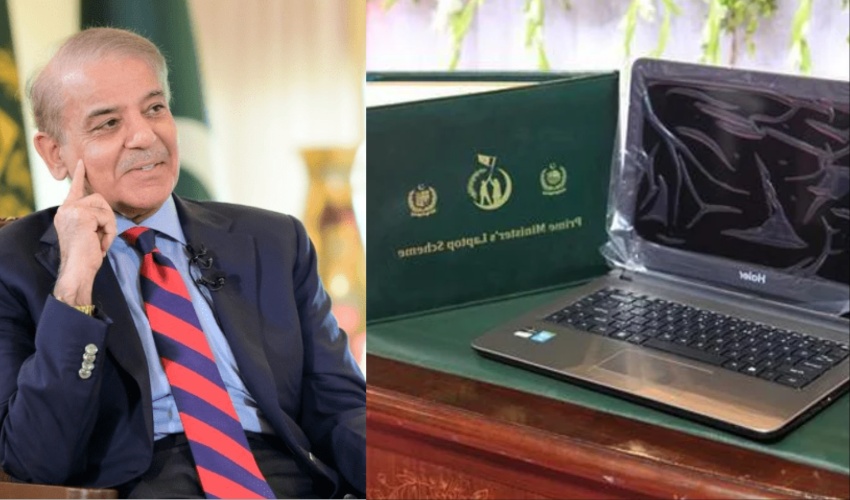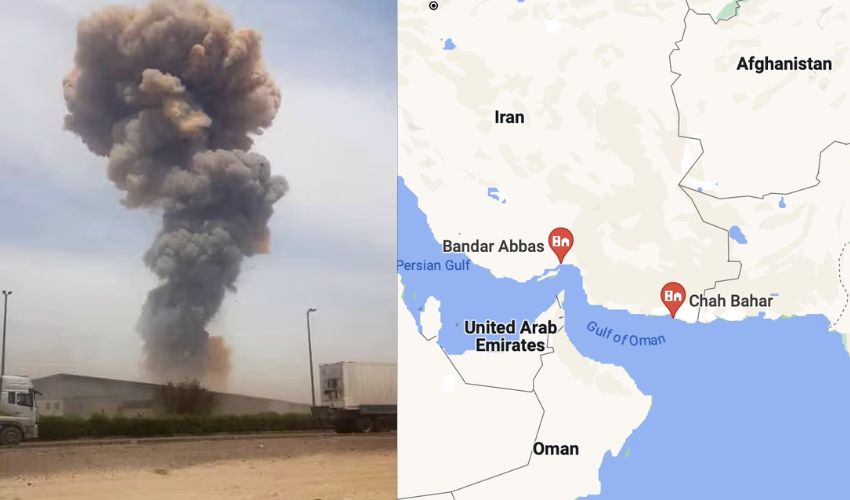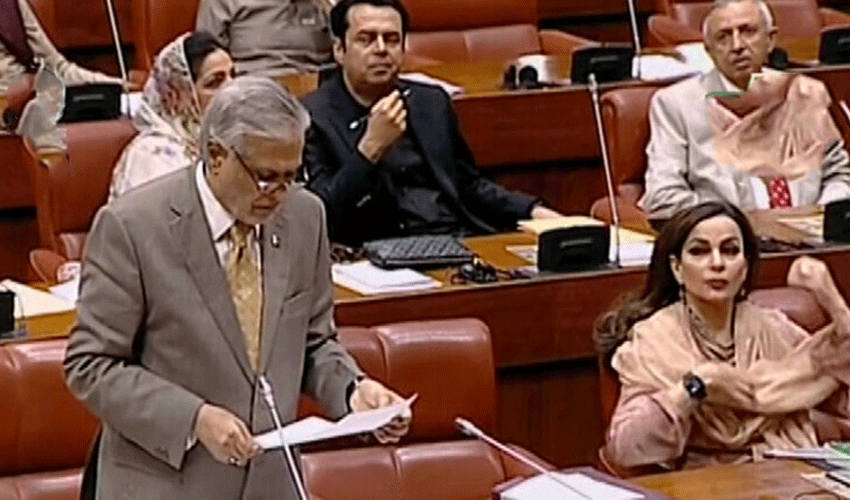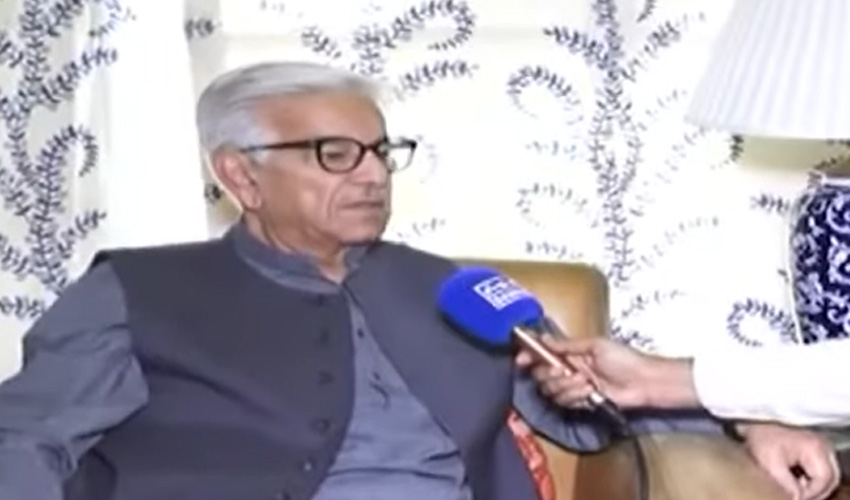US President Joe Biden has indicated that a new ceasefire agreement between Israel and Hamas could be on the horizon as soon as Monday.
The potential deal, aimed at ending the protracted conflict, may involve the exchange of dozens of hostages held in Gaza for several hundred Palestinian detainees.
Efforts to broker a truce have been ongoing, with Egypt, Qatar, the United States, France, and other stakeholders working tirelessly to facilitate negotiations between Israel and Hamas. The proposed ceasefire seeks to halt the fighting for six weeks and secure the release of hostages held by both sides since the outbreak of hostilities following Hamas's October 7 attack on southern Israel.
According to media reports, the terms of the agreement may include the release of several hundred Palestinian detainees currently held by Israel. President Biden expressed optimism about the progress, stating, "My hope is by next Monday we'll have a ceasefire," while emphasizing that negotiations are still underway.
An unnamed Israeli official cited by news site Ynet echoed Biden's sentiment, describing the direction of discussions as "positive." However, Israeli Prime Minister Benjamin Netanyahu has emphasized that while a truce may be imminent, it would only delay, not prevent, a potential ground invasion of Rafah in the far south of the Gaza Strip. Netanyahu asserts that such an invasion is necessary to achieve "total victory" over Hamas.
Despite the anticipation of a ceasefire, concerns linger over the fate of civilians in Rafah, where an estimated 1.4 million Palestinians have sought shelter amid the ongoing conflict. The United Nations has warned against any ground assault on Rafah, with Secretary-General Antonio Guterres cautioning that such actions would severely disrupt humanitarian aid operations, exacerbating an already dire situation in Gaza.
Meanwhile, in Gaza's north, residents face desperation as aid deliveries dwindle, leading to food shortages and dire living conditions. The Jordanian army has undertaken humanitarian aid drops, while international organizations accuse Israel of restricting aid access to Gaza.
In a political development, Palestinian President Mahmud Abbas has accepted the resignation of Prime Minister Mohammad Shtayyeh's government in the Israeli-occupied West Bank. The move comes amid calls for a reformed Palestinian Authority to govern both the West Bank and Gaza, signaling potential shifts in regional dynamics following the ceasefire.





